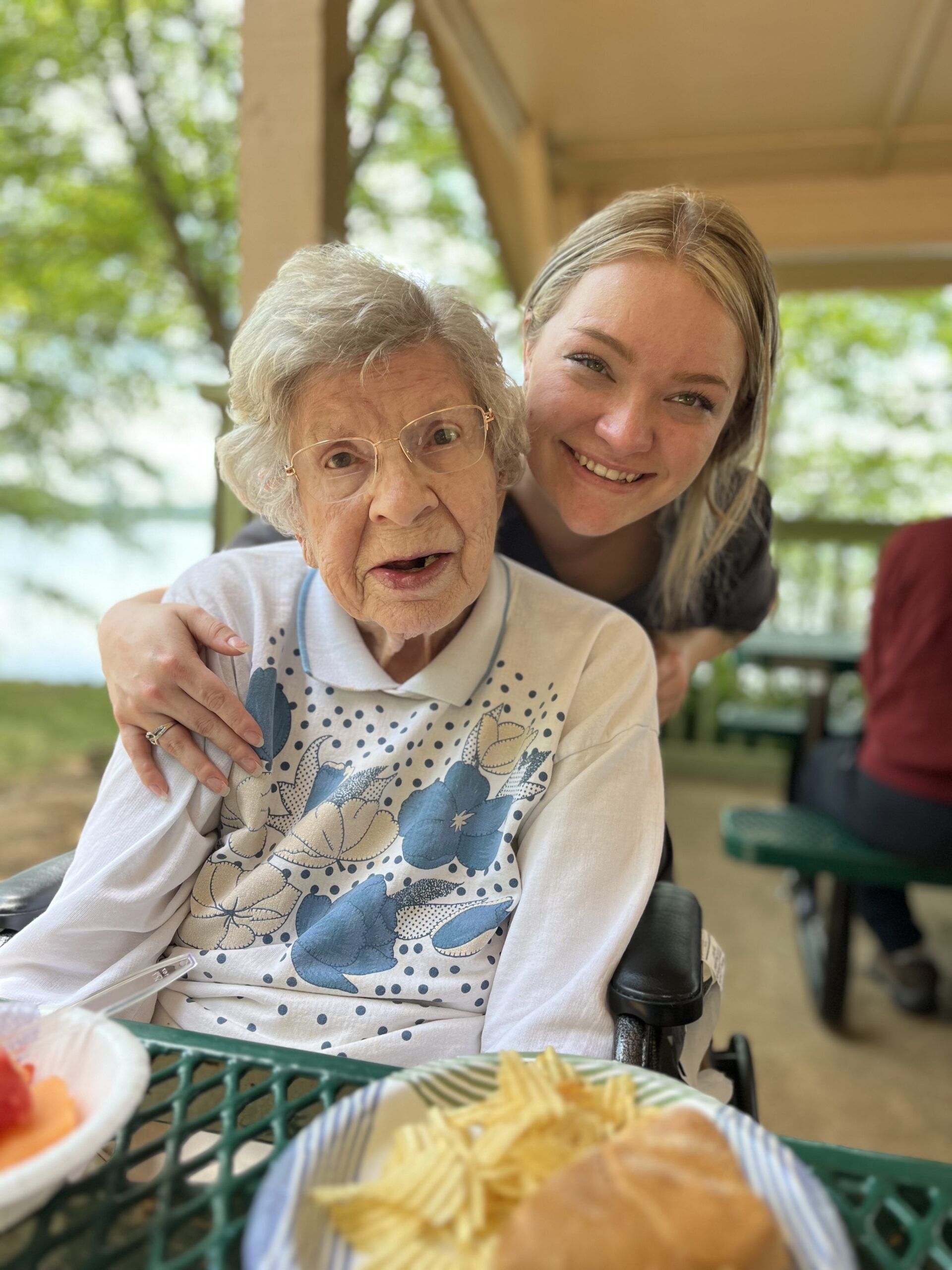
Challenges of a Family Caregiver: Signs You Need Support
Caring for a family member is the right thing to do. You know it deep in your heart and dedicate your time to care because you love your relative. However, many family caregivers struggle to maintain themselves and their loved ones without a complete support structure. You need assistance, personal time for self-care, social connections, and care resources to ensure that you and your family remain healthy and positive in the act of caregiving.
How can you identify these challenges, when should you seek support, and what kind of support is available for family caregivers? Silverbell Homestead is here to help you answer these questions and more.
Common Challenges Faced by Family Caregivers
Physical Strain
Taking on the physical tasks of caring for someone with mobility issues is quite demanding on your body. Lifting, bathing, and moving your patient can lead to physical strain and fatigue that can also cause long-term damage over time.
Emotional Stress
It can be difficult for family caregivers to watch a loved one suffer or decline. The tax on your emotions can become extreme, especially when you have no time to process them or escape from the emotional pressures for a while. This can lead to caregiver burnout.
Financial Pressure
Family caregiving almost always creates financial strain, especially if you have reduced your work hours to provide full-time care while paying for medical equipment and treatments. These costs can add up.
Social Isolation
Caregiving may also limit your time to spend with others. The isolation can compound with emotional stress leading to loneliness and depression.
Time Management
It can be difficult to balance your caregiving responsibilities with other time-consuming tasks such as work, chores, and personal care. Feeling constantly short on time can result in exhaustion and chronic stress.
Lack of Training
Family caregivers’ hearts are in the right place but they often lack the professional healthcare training that might be needed to fully help a family member with medical conditions, wound care, and equipment.
Signs You Need Support as a Family Caregiver
It’s important to recognize the signs of fatigue and burnout. Allowing yourself to be worn to the bone is bad for you and the person you care for. Know the signs that it may be time to seek support.
Exhaustion and Fatigue
Are you constantly tired? Do you still feel exhausted after a full night’s sleep? Are you always physically drained? These signs indicate you need a longer recuperation time, which means backup caregiving support.
Emotional Overwhelm
Are your feelings of sadness, anxiety, apathy, or resentment becoming overwhelming? Do you feel hopeless or angry even when trying your best to be positive? It’s time to seek support.
Neglecting Personal Health
Family caregivers should focus not just on the health of their loved ones, they also need to take care of themselves. If you’ve been skipping your self-care, eating poorly, missing exercise, and even skipping your doctor appointments, you are on the verge of harmful burnout.
Social Withdrawal
Are you too exhausted or discouraged to socialize or feel isolated due to your caregiving duties? This is also a sign that you need support and time for your personal life.
Decreased Quality of Care
One of the biggest risks of caregiving fatigue is a decreased quality of care. When the quality of care you provide starts to decline due to exhaustion or lack of resources, it’s a clear indication that you need additional help.
Financial Strain
Caregiving on a shoestring budget can also become a major source of stress. When debts or financial instability are looming, know that there are support resources available that can provide better options.
How to Seek Caregiver Support
What kind of support can family caregivers seek? How can you reach out to get the support you need as a caregiver beyond your limit?
Respite Care
- Many caregiving services offer respite care. These services provide temporary care to your loved ones while the primary caregiver recovers and recuperates.
Support Groups
- A caregiver support group can provide you with friends and connections who understand what you’re going through, offer good advice, and connect you with useful resources.
Professional Help
- Often, the right answer is to hire a professional caregiver, even part-time, to ease some of the burden and help ensure quality care for your loved one.
Community Resources
- Many communities offer resources such as adult day care centers, meal delivery services, and transportation assistance that can help lighten the load.
Family and Friends
- It is also important to ask your family and friends for help. Sharing responsibilities and getting encouragement to take care of yourself can help.
Therapy and Counseling
- Lastly, professional counseling can help you face challenges and process the emotional stress associated with caregiving. You can develop coping strategies and get help to become more confident in seeking additional support.
Support for Yourself and Your Loved One
Caring for a family member can be rewarding but comes with challenges. The good news is that support and resources are always available to help family caregivers. Seeking support is an honorable way to take better care of yourself and your loved one simultaneously, improving your access to medical supplies, a support system, respite care, and more.
Silverbell Homestead is here to help. Contact us to explore available senior care resources and solutions in North Carolina.
